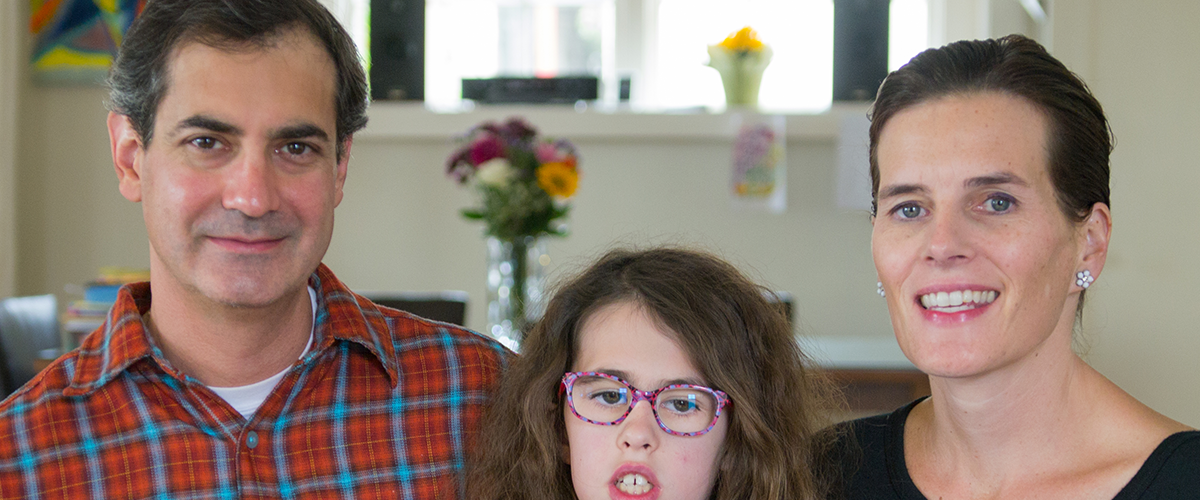Although excessive daytime sleepiness and sleep disordered breathing are well documented for patients living with DM1, there is less clarity regarding these symptoms in DM2. A new review article in Current Neurology and Neuroscience Reports examines the literature on sleep and breathing disorders in DM2. Respiratory muscle weakness, myotonia, and alterations in central nervous system respiratory centers are believed to be causative.
Current Status of DM2 Research
One of the most significant gaps in understanding of myotonic dystrophy is the relative dearth of natural history studies in DM2. While there is not yet an approved, disease-mitigating therapy for myotonic dystrophy, clinical trial readiness has vastly improved for DM1, but not for DM2. It is critically important that DM2 cohorts be recruited and phenotyped in order to understand the longitudinal progression of the disease and thereby identify biomarkers and clinical assessment measures that will enable clinical trials in this patient population. If phenotypic data do not become available and DM2 is not perceived as ‘tractable’ by the pharma and biotech industry communities, it will be difficult to convince companies to address this disorder.
Sleep Complaints and Breathing Disorders in DM2
Dr. Andrea Romigi (IRCCS Neuromed, Italy) and colleagues recently published a review article looking at literature focused on breathing and sleep disorders in patients with DM2 (Romigi et al., 2019). Sleep disorders are important contributors to the morbidity and mortality of this disease and these findings are important in establishing clinical trial readiness for DM2.
Both skeletal muscle weakness and CNS dysfunction are believed to contribute to respiratory dysfunction characteristic of DM2, but careful assessments of lung function in DM2 have not been common. The most commonly reported sleep disorders in DM2 are sleep-disordered breathing (38–67%) and restless legs syndrome (50–60%). Sleep disordered breathing, in turn, appears to be the major cause of excessive daytime sleepiness in DM2. Claims as to the value of non-invasive ventilation appear to have an almost anecdotal basis and have not yet been sufficiently studied in DM2.
Restless legs syndrome has been viewed as significant in DM2, although this finding appears to have its basis only in studies of small cohorts. The authors of this review suggest that the prevalence of restless legs syndrome may be overstated by the frequent occurrence of myalgia and pain in this patient population, although they also note that the PRISM-2 study reported fatigue in 89% and excessive daytime sleepiness in 77% of DM2 patients.
Taken together, the authors of this review advocate for the inclusion of sleep studies in evaluation of patients with DM2. While data suggest that the frequency of hypoventilation and pulmonary restriction in DM2 is low, they also suggest that use of standard pulmonary examinations may improve upon disease morbidity. Finally, the potential correlation of pain, that is so characteristic of DM2, and sleep disruption has not been fully studied and should be an important component of future natural history studies of patients with DM2.
Reference:
Sleep Complaints, Sleep and Breathing Disorders in Myotonic Dystrophy Type 2.
Romigi A, Maestri M, Nicoletta C, Vitrani G, Caccamo M, Siciliano G, Bonanni E, Centonze D, Sanduzzi A.
Curr Neurol Neurosci Rep. 2019 Feb 9;19(2):9. doi: 10.1007/s11910-019-0924-0. Review.

